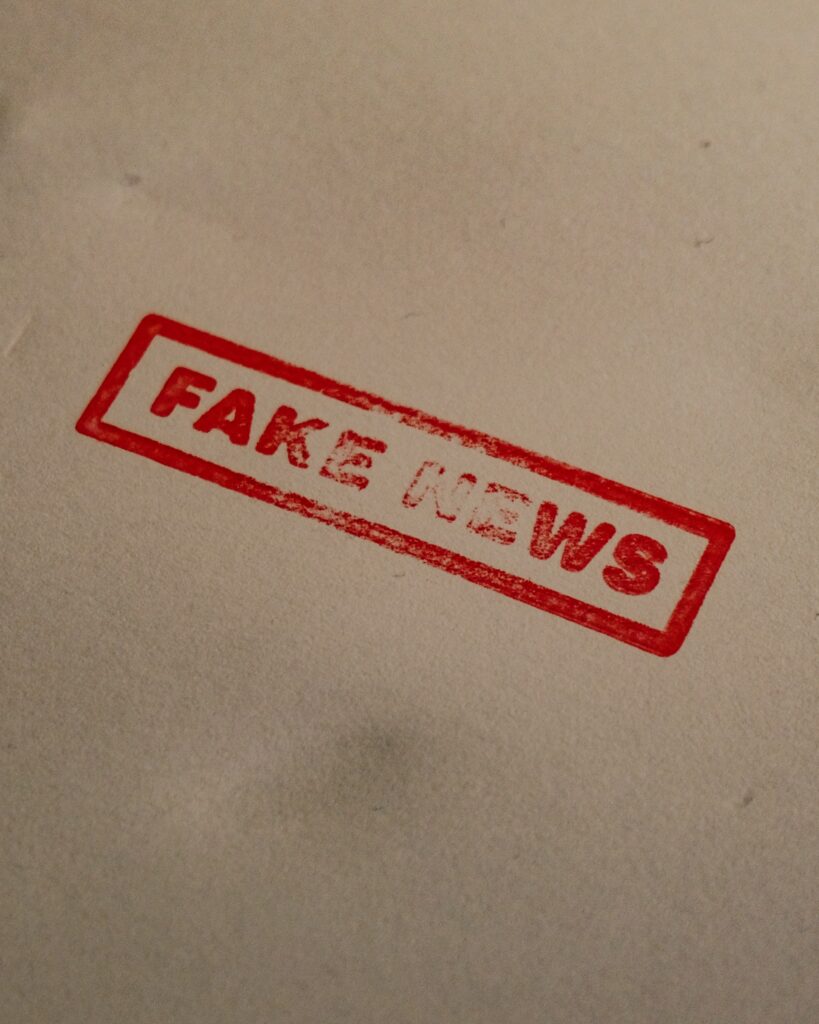How governments are addressing the issue of fake news and misinformation via the regulation of social media

How governments are addressing the issue of fake news and misinformation via the regulation of social media
In a time when information is disseminated at a rate that is quicker than ever before, social media has evolved into a potent communication tool as well as a fertile ground for the spread of false information. Fake news has been responsible for influencing elections, fostering public mistrust, and even putting people’s lives in risk. Its hoaxes range from those linked to health to those that are politically motivated. By the year 2025, governments all over the world will be pursuing more stringent measures to control social media platforms; yet, the road ahead is anything but straightforward.
The magnitude of the issue at hand
The majority of the world’s population relies on social media platforms as their main source of news since billions of users check in to these sites every single day. This accessibility has made knowledge more accessible to more people, but it has also made it possible for false narratives to propagate without being verified. Sensational material is often amplified by algorithms meant to promote interaction, regardless of whether or not the content is accurate, which may lead to viral misinformation.
The repercussions are far-reaching, including the worsening of public health issues as a result of fraudulent medical claims, the deepening of political division as a result of misinformation efforts, and the broad loss of credibility in institutions.
The Importance of Regulation in Today’s World
There is a growing awareness among governments that the spread of false information is not only a digital annoyance; rather, it poses a threat to society. When misleading information is extensively disseminated, it has the potential to threaten not just the security of elections but also public health and even national security. Unchecked dissemination of false information poses a danger to democratic procedures and the safety of the general public if it is not controlled.
The Aggressive Approach Taken by Europe
The Digital Services Act (DSA), which was passed by the European Union and went into full force in 2024, is the legislation that has taken the initiative. Large platforms are compelled to promptly detect and delete dangerous information, openness about algorithms is demanded, and severe penalties are imposed for websites that do not comply with the regulations.
Accountability is at the core of Europe’s policy, which aims to hold technology businesses legally accountable for the information that they host. This measure is analogous to the way that broadcasters and publishers have been held to standards for decades.
The delicate balancing act of the United States
Regulation in the United States is more difficult than in other countries. Because of the First Amendment’s guarantees for free speech, it is difficult for legislators to exercise direct control over different types of information. Instead, efforts have been concentrated on boosting platform transparency, exerting pressure on corporations to flag or demote material that is inaccurate, and organizing hearings to investigate how social media companies deal with disinformation.
The IT companies themselves have implemented voluntary precautions, but critics contend that these policies are often inconsistent, reactive, and affected by political pressure.
The More Strict Controls in Asia
More stringent regulations are being implemented by a number of Asian nations. Laws have been enacted in countries such as Singapore and India that require platforms to remove misleading material as promptly as possible or face fines. The purpose of these restrictions is to prevent the spread of false information; but, they have also given rise to concerns over the overreach of the government, censorship, and the repression of dissent.
This underlines one of the most significant issues, which is differentiating between protecting individuals from damaging disinformation and curtailing their freedom of speech.
What Function Does Artificial Intelligence Serve?
In the battle against false information, artificial intelligence has become a weapon with two edges. The use of machine learning algorithms, on the one hand, makes it possible to identify and eliminate bogus news far more quickly than human censors ever could. On the other hand, the development of generative artificial intelligence has made it more difficult to recognize deep fakes and material that has been manufactured.
At this time, governments are contemplating the implementation of verification systems and the watermarking of material that is created by artificial intelligence in order to assist consumers in distinguishing between authentic and distorted media.
Collaboration with those who check facts
To combat the spread of disinformation, several governments are providing financial support to or forming partnerships with independent fact-checking groups. The goal of these partnerships is to give accurate corrections and lessen the effect of lies that spread over the internet. On the other hand, fact-checking information on the scale of billions of postings every day continues to be a difficult problem.
Education of the Public and Literacy in the Media
Regulating the situation is not enough to fix the issue. A growing number of countries are making investments in media literacy programs, which educate individuals how to critically assess material that they find online. By educating the public, it is hoped that they would be less vulnerable to false narratives, which will ultimately lead to a reduction in the general spread of disinformation.
Opponents of the Regulation:
There are some people who are opposed to stringent regulations. Critics are concerned that regulations that are too restrictive might impede free speech, restrict open discussion, and give governments an excessive amount of control over interactions that take place online. Some people believe that governments should not be the ones to decide what is true since political objectives might have an impact on the judgments that are made on what constitutes false information.
The Global Divided World
There is a significant amount of variation in various areas’ approaches to the regulation of disinformation. When it comes to exercising control, more authoritarian regimes tend to rely on regulation, while democracies tend to place a greater emphasis on accountability and openness. As a result of this divergence, the global internet has become fragmented, and the norms of speech on the internet vary depending on where you reside.
The regulation of social media will no longer be a topic that is voluntary by the year 2025; rather, it will be a worldwide requirement. In spite of the fact that false news and disinformation cannot be eradicated altogether, governments are making efforts to impede their dissemination and mitigate the harm they do. The difficulty is in finding a fine balance between protecting society from damaging falsehoods and respecting the right to freedom of speech.
Not only will the result of these initiatives determine the future of social media, but it will also determine the integrity of democracy, public trust, and global communication in this era of digital technology.






